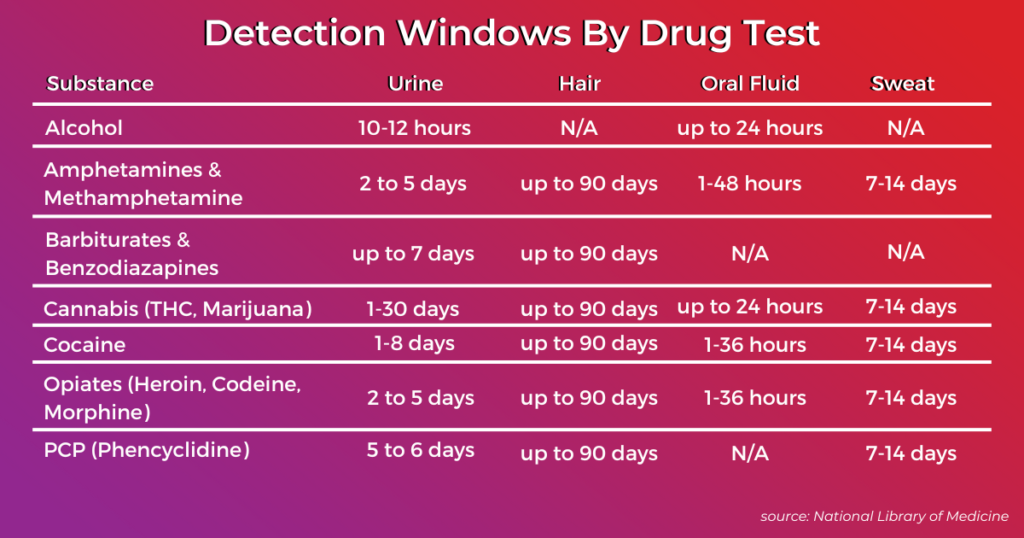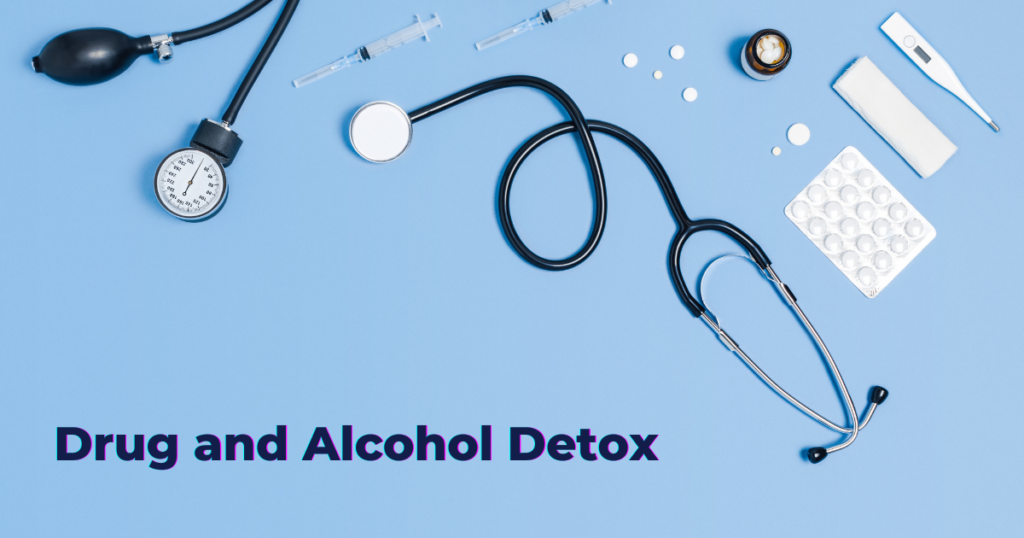Why You Shouldn’t Attempt Medical Detox Alone
While it is possible to detox at home, it’s strongly recommended to seek professional support at a certified drug and alcohol detox center like Landmark Recovery. Here’s why medical experts advise against detoxing alone:
- Health Risks: Detoxing alone can be risky, leading to dehydration, seizures, and heart problems. Professional, 24/7 supervision ensures your health and safety throughout the process.
- Unpredictable Withdrawal: Withdrawal symptoms can be intense and unpredictable without professional guidance. With round-the-clock supervision, medical experts can closely monitor your symptoms and provide necessary interventions.
- Custom Care: Certified detox centers offer personalized support tailored to your needs. Professionals assess your condition, develop a customized detox plan, and adjust it as needed.
- Safe and Comfortable Environment: Detox centers provide a secure, distraction-free setting for your well-being. With 24/7 supervision, trained staff can address any emergencies or complications promptly.
- Comprehensive Support: Professional centers offer therapy, counseling, and addiction education to equip you with essential skills. The continuous presence of medical experts ensures you receive comprehensive care and support after detox.
Choose professional, round-the-clock supervision at a certified detox center for a safer and more supportive detox experience. This level of care significantly increases your chances of successful recovery.
When Detox Becomes Necessary
Regular or repeated use of drugs or alcohol can lead to tolerance and uncontrollable cravings, indicating a need for medical detox. At Landmark Recovery, our comprehensive detox program provides the necessary support to manage withdrawal symptoms safely. After completing detox, you can seamlessly transition to our addiction treatment programs, all conveniently located in one place. These programs equip you with the skills and resources to choose a life of recovery over addiction.
What Are the Symptoms of Drug and Alcohol Withdrawal?
When someone decides to quit drugs or alcohol, their body goes through changes that can cause various symptoms. At Landmark Recovery, we understand how challenging this can be, which is why our caring team is here to support you. Let’s look at some common withdrawal symptoms associated with alcohol and commonly abused drugs.
Alcohol Withdrawal
If you’ve been drinking heavily for a while and then decide to stop, you might experience symptoms like:
- Shaky hands, feeling anxious, and struggling to focus.
- Feeling irritable, having mood swings, and having trouble sleeping.
- Sweating more than usual, feeling nauseous, and getting headaches.

Opioid Withdrawal
Let’s say you’ve been using opioids like Oxycodone and want to quit. You may face symptoms such as:
- Aching muscles, and you may feel restless with a faster heartbeat.
- You might experience nausea, vomiting, and diarrhea.
- Anxiety, depression, and mood swings could also occur.
Benzodiazepine Withdrawal
If you’ve been taking benzodiazepines like Xanax and decide to stop, you might encounter symptoms like:
- Feeling anxious, having panic attacks, and feeling restless.
- Trouble sleeping, trembling, and struggling to concentrate.
- Your heart rate may increase, and you might find yourself sweating more.
Stimulant Withdrawal
Now, picture misusing stimulant drugs like Adderall or Ritalin and deciding to quit. You might notice symptoms like:
- Feeling extremely tired, lacking energy, and needing more sleep.
- Feeling down, losing interest in things you used to enjoy.
- Experiencing increased appetite, gaining weight, and having strong cravings.
Our certified alcohol detox center at Landmark Recovery provides 24/7 monitoring and tailored treatment to ease these symptoms. Having drug and alcohol detox services in one location offers convenience and comprehensive care for a successful treatment experience.
What is DTs (Delirium Tremens)?
DTs, or Delirium Tremens, is a serious condition that occurs during alcohol withdrawal and can be life-threatening. It causes severe symptoms that require immediate medical attention, including:
- Confusion
- Hallucinations
- Rapid heartbeat
- Fever
Our experienced clinical staff at Landmark Recovery closely monitors and provides specialized care for those experiencing DTs. With our integrated approach to drug and alcohol detox, you’ll receive the critical support you need under one roof, ensuring your safety and well-being throughout the detox process.
How Long Does it Take to Detox from Alcohol?
A recovery from alcohol addiction will typically begin with detox to eliminate alcohol from your body. While it only takes about a day after your last drink for alcohol to leave your body it can take several days before you find relief from withdrawal symptoms. This is because long-term alcohol usage impacts brain chemistry. Over time, the body develops a tolerance to alcohol, which means you need to drink more and more in order to feel buzzed or drunk.
The brain responds to increased alcohol intake by producing higher amounts of neurotransmitters. When you stop drinking there will be a period of time, often several days, when the brain continues to produce these neurotransmitters, which causes withdrawal symptoms.
Alcohol Withdrawal Symptoms
Mild alcohol withdrawal symptoms include:
- Anxiety
- Tremors
- Fever
- Irritability
- Headache
- Insomnia
- Fatigue
Severe alcohol withdrawal symptoms include:
- High blood pressure
- Seizures
- Nausea and vomiting
- Powerful tremors
- Delusions
- High Fever






